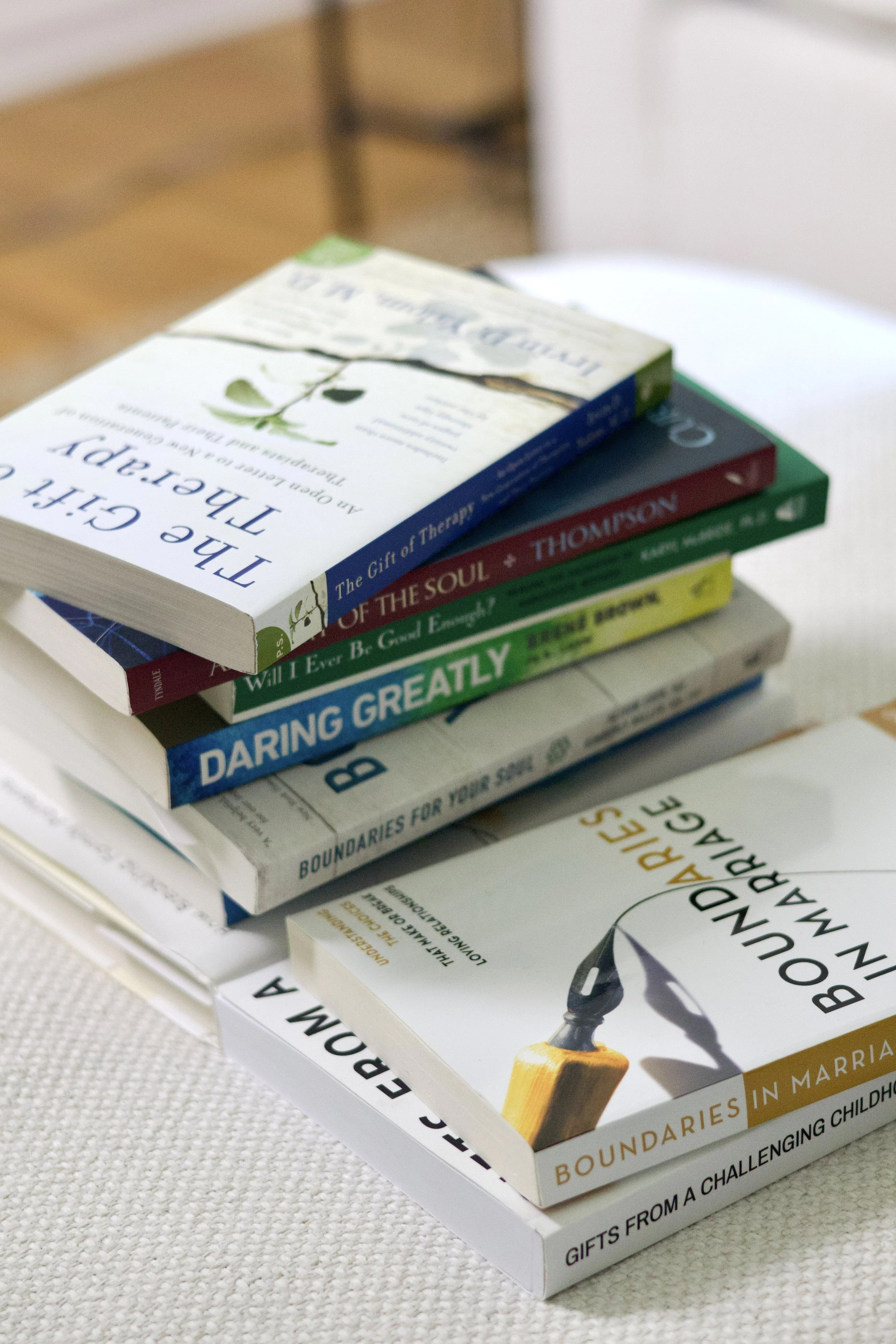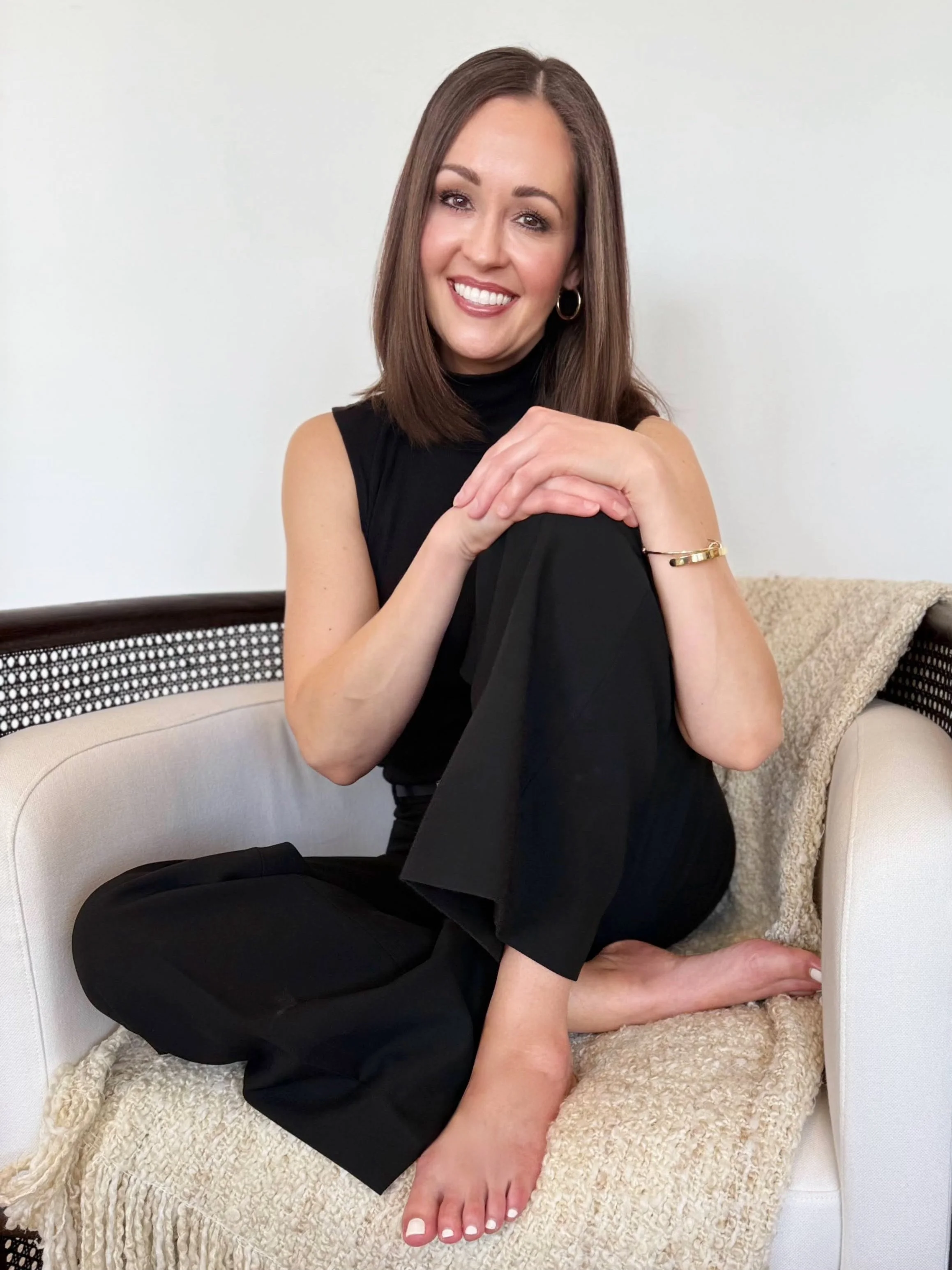Reconnect with who you were created to be.
Individual therapy for women and men.
HOW CONNECTED ARE YOU TO YOURSELF? TO YOUR INNER WORLD? TO YOUR STORY AND ITS IMPACT ON YOUR RELATIONSHIPS?
We are created for connection. Yet the depth of our connection with others often reflects the depth of connection we have with ourselves.
If you feel anxious in your relationships, disconnected from hope, or just plain stuck in life, it’s a sign that you have a story worth exploring.
I help adults of all ages engage their stories with curiosity and compassion, understanding how past experiences shaped their patterns, beliefs, and relationships. As you grow in awareness of your unique story, you begin to experience a deeper connection with yourself. And with that, a greater capacity for genuine, life-giving connection with others.
Let’s explore your story together, so you can have the life and relationships you were created for.
Created for







